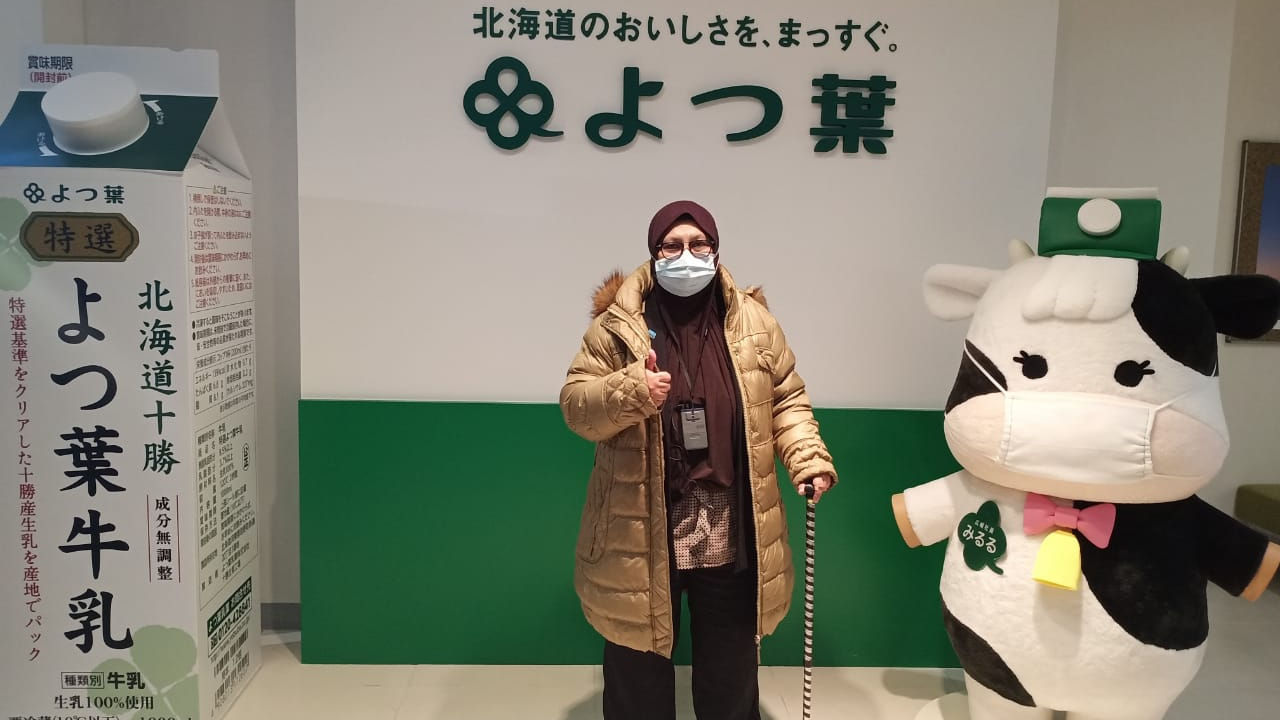- E-mail: [email protected]
- Phone: +60193684465
HDC - JICA, OBIHIRO, JAPAN 2023
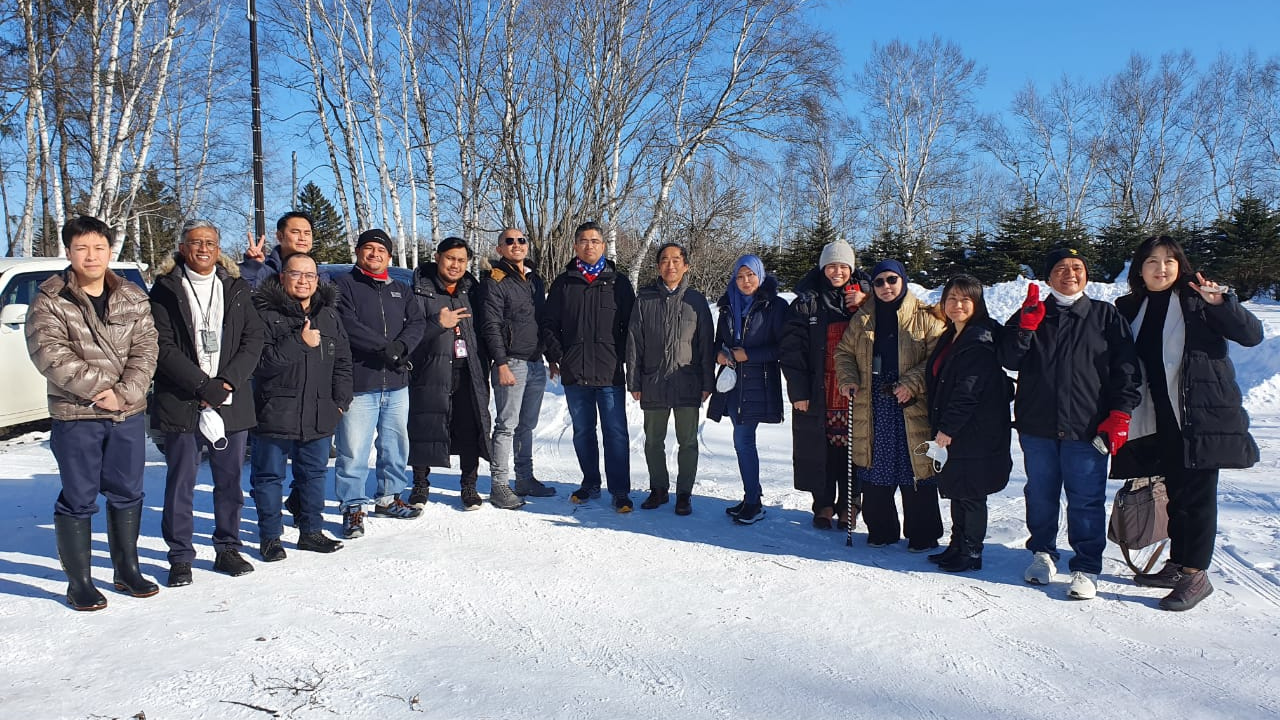
Firstly, I would like to thank JICA and HDC for giving me this wonderful opportunity to be part of the Halal & HACCP training. I had travel to other countries but I have never been to Japan before. By going through this training, I learned that Japan is a special place for people or tourist to explore more to enhance their knowledge and life.
.png)
The Japanese place a great emphasis on hygiene. Hygiene prevent the spread of disease that can cause food being contaminated. Thus that will make people easily get sick. The first few days of the training, I was given lectures on the important of HACCP standards in doing business, 7 principles and 12 steps of hazard analysis. HACCP is an important key concept in food safety management which will reduce product loss and complaints. Thus minimise inconsistency in quality. Manufacturers do not need to rely on workers experience or intuition as all documents and recordings allow for any investigation in case of defects or complaints. Thus everything can be traceable.
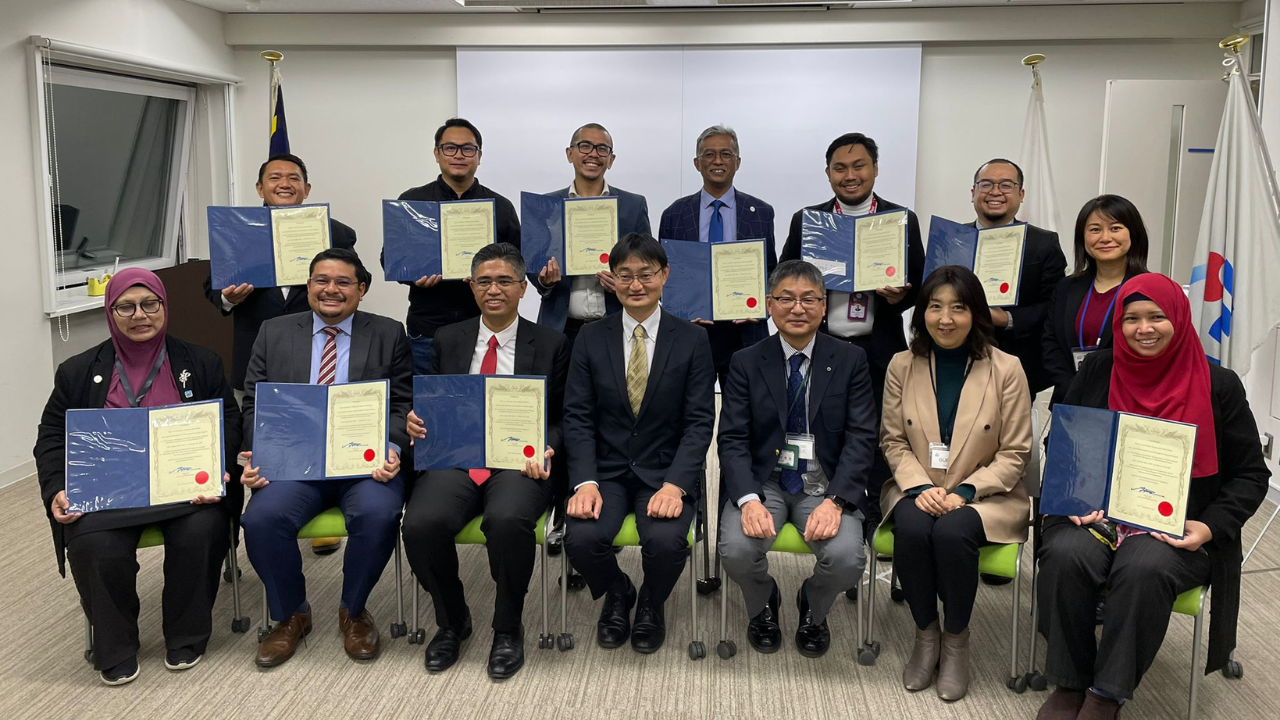
Learning food valley in Tokachi is a smart way to improve the quality of agriculture. They are using advanced agriculture technology to improve the yield and safety and also risk mitigation. Planting is done in rotation to ensure the quality of soil and crop yields are maintained. Thus this will increase the agricultural production and quality. Some farmers collaborate and they have closed relationship with the townhall and state government. Tokachi government are very concerned and support the agricultural industry by giving various incentives. The food valley even had expanded their business overseas such as Malaysia and Thailand.
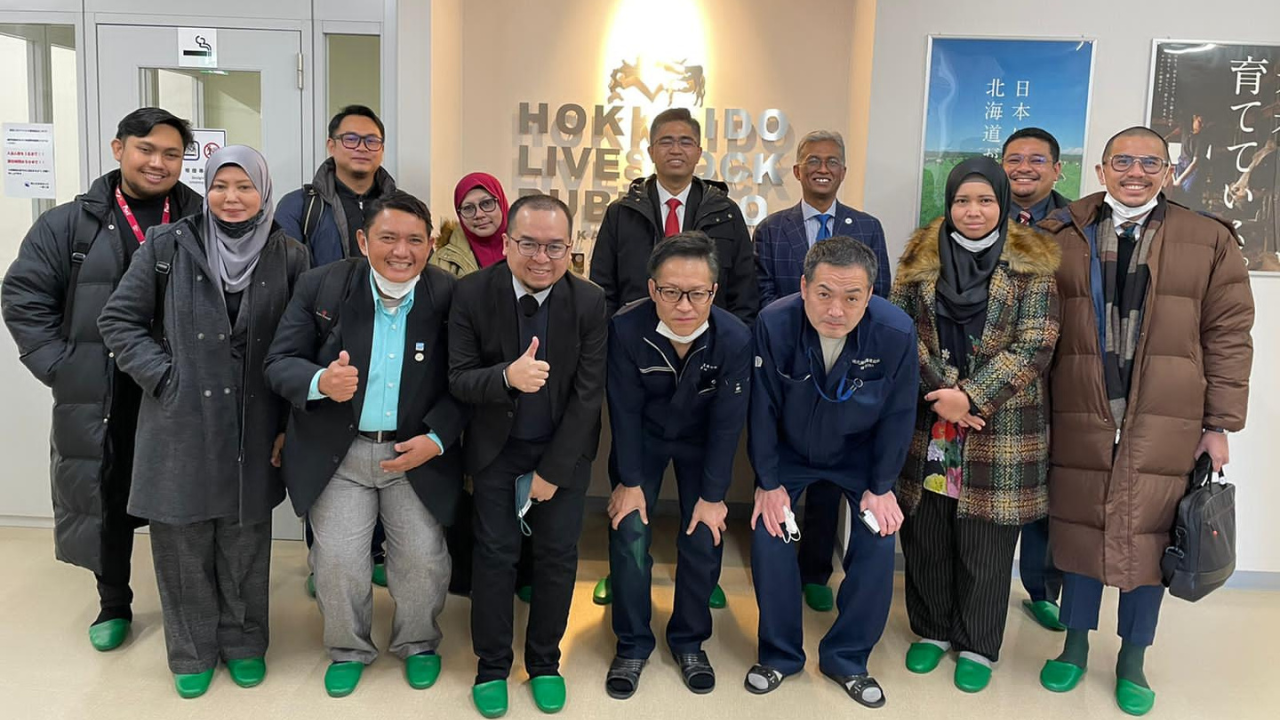
Tokachi is also a world class tourism destination. This is another sector that the state government need to expand and explore. If they can implement muslim friendly hospitality services and certifications, this will attract many Muslim countries tourists all around the world to come visit Hokkaido. It is another alternative tourism attraction besides Tokyo, Osaka, Nagoya and many places in the Honshu Islands.
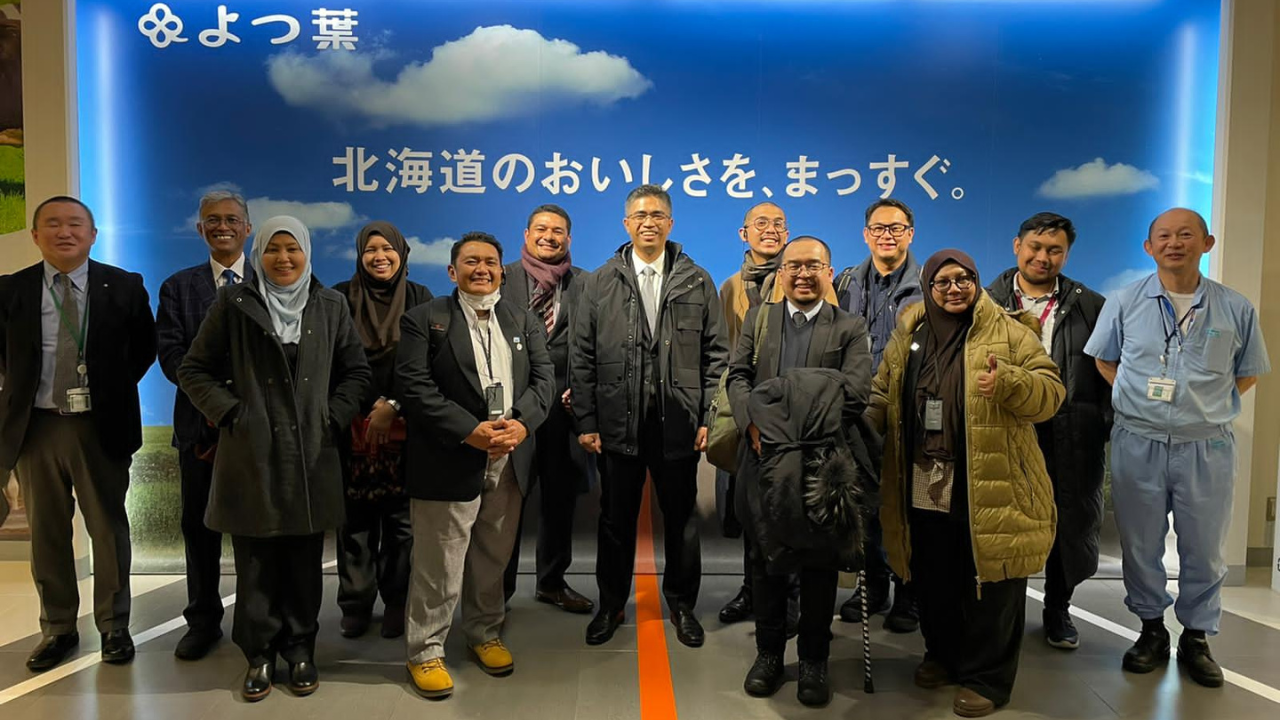
I also learned about the topic on quality assurance process which improves all operations starting from the development of production to the delivery of products. This will create customer satisfaction and trust. I was given the opportunity to site visit factories and livestock farms that are HACCP certified. The factories are using latest technology to enhance their production. Some of them are using robots. Thus reduce workers but at the same time increase productivity. Some of the factories have started to go for halal certifications because they see the potential to explore global market.
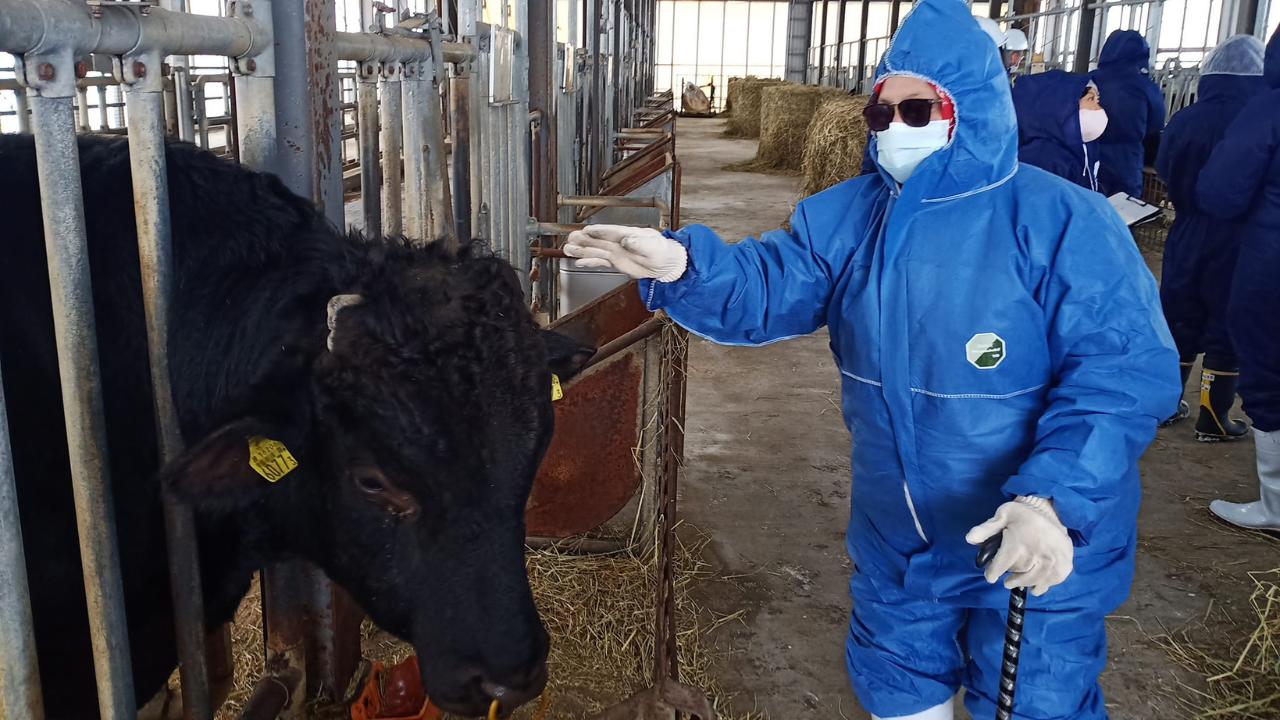
Visiting livestock farms with HACCP standards and ISO22000 are an eye opener for me to explore business potential to market cattle products for overseas market. The way they improve the production of quality beef cattle is amazing. They did a lot of method and test to enhance the quality of meat and milk. They monitor the details of a beef since the day it was born till the day it was slaughtered. In Japan, most of the beef slaughter centres emphasized on hygiene and some of them already started hiring Muslim workers for halal status. No wonder, Japanese beef are expensive and high quality. In Malaysia, not many livestock farms are HACCP certified, only the big ones. I have seen one in Kundasang, Sabah when my husband used to work before he retired.
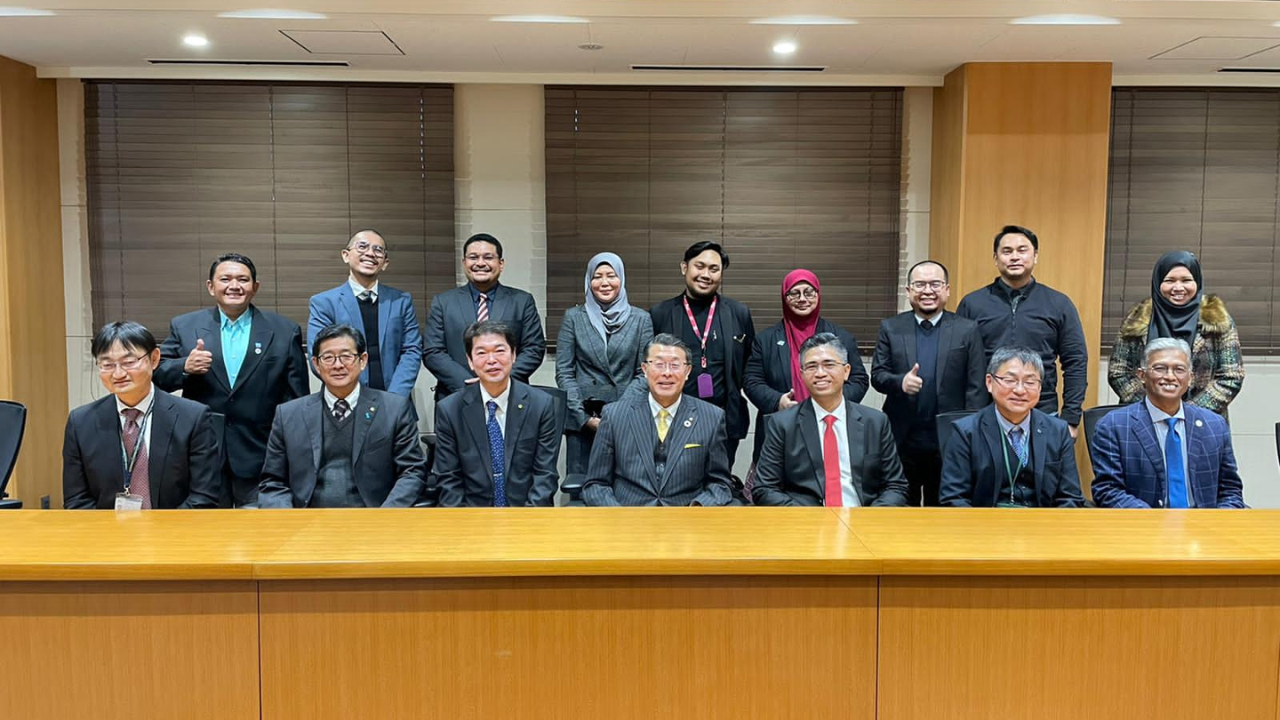
Businesses in Japan are constantly strive to ensure the business towards HACCP standard and quality to compete and maintain in the market and also for customer trust and satisfaction. Even though their business premises are small, they have thought on getting HACCP certification. That shows how concerned they are in producing high quality food products. To them HACCP is a security for business and is is a tool to realize the goal to success.
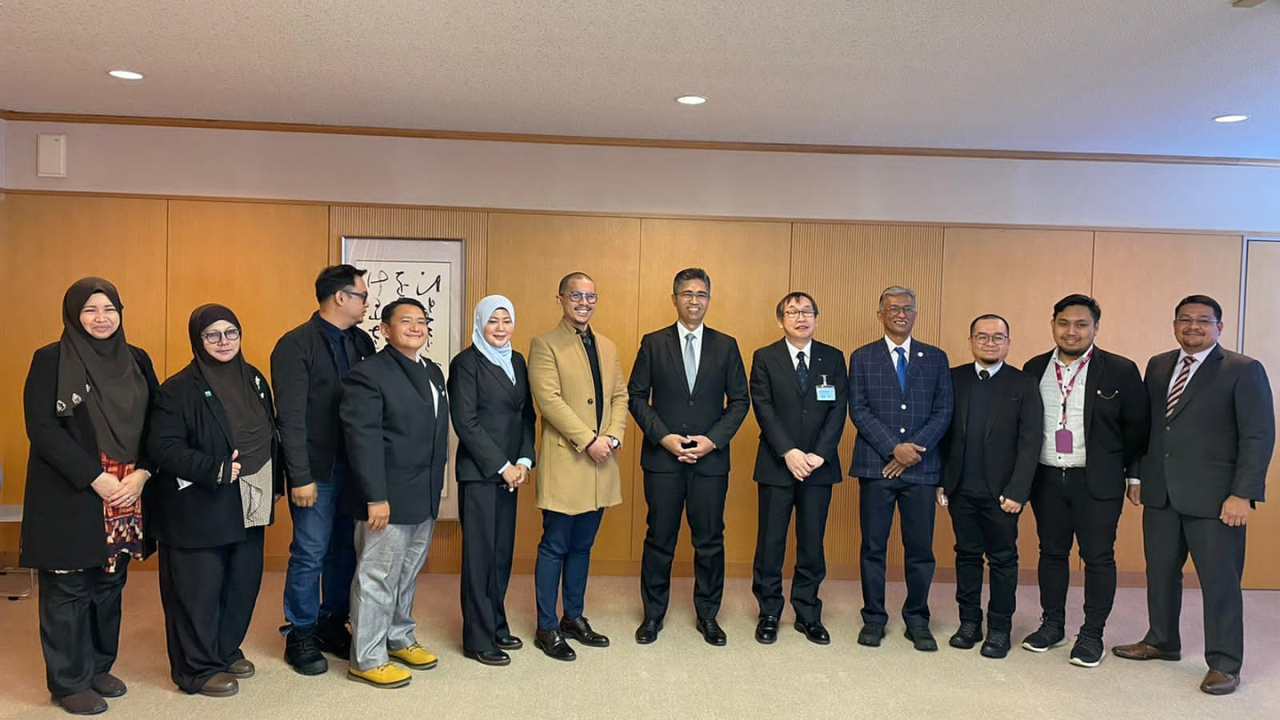
Public Health Centre also play a role to ensure all food prepared in Japan are all hygiene and sanitation safe. Many Malaysia SME are not aware of the advantages of getting the premises HACCP certifications and halal certification. To them, getting money into the business are more priority. The main reason of not getting HACCP certification or halal certification are because the certification are costly and time consuming in Malaysia. Another reason is because of the mentality of small enterpreneurs in Malaysia are satisfied with what they have and earn and afraid to dream big especially going export globally.
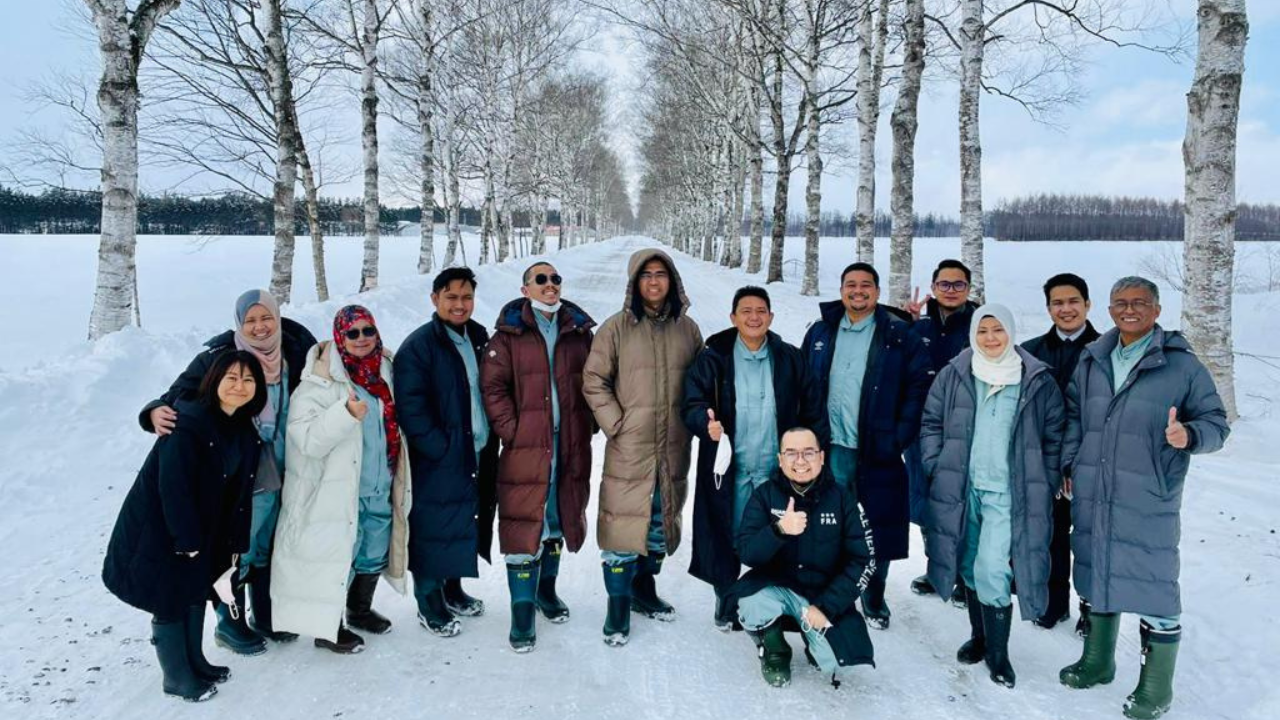
I also learned about the basic practise of trading business. There are major difference between domestic trade and international trade. I have to do market research, I have to know the international regulations and custom rules such as incoterms and hs code, calculate wisely the logistic cost and payment terms. I also learned the different types of agreement, different type of business partnership, trade negotiations and contracts. By understanding these information, I can avoid myself being cheated and suffering losses dealing with buyers especially overseas buyers.
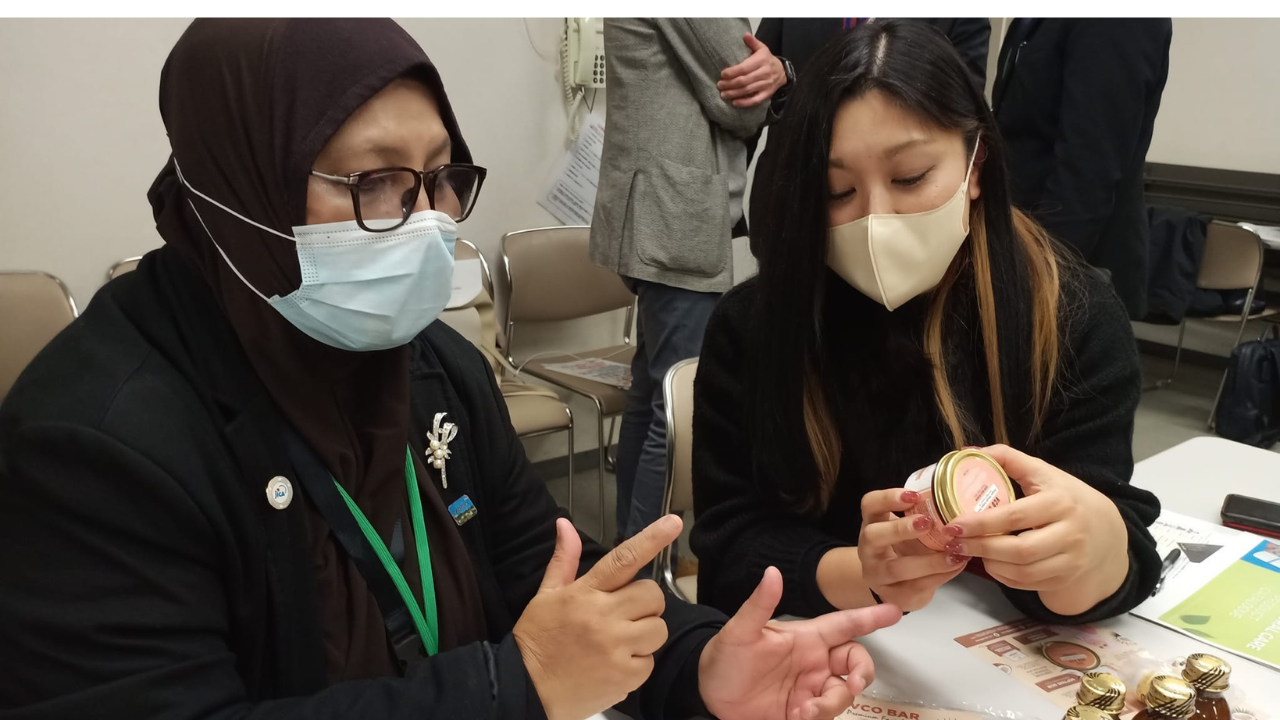
To conclude my observation, there are great opportunities to explore Japan market. I only need to be smart to find the right people as partners and the right channel to market the any products. It does need to a demand product, as long as the people of Japan know how to consume, the rest is history.
